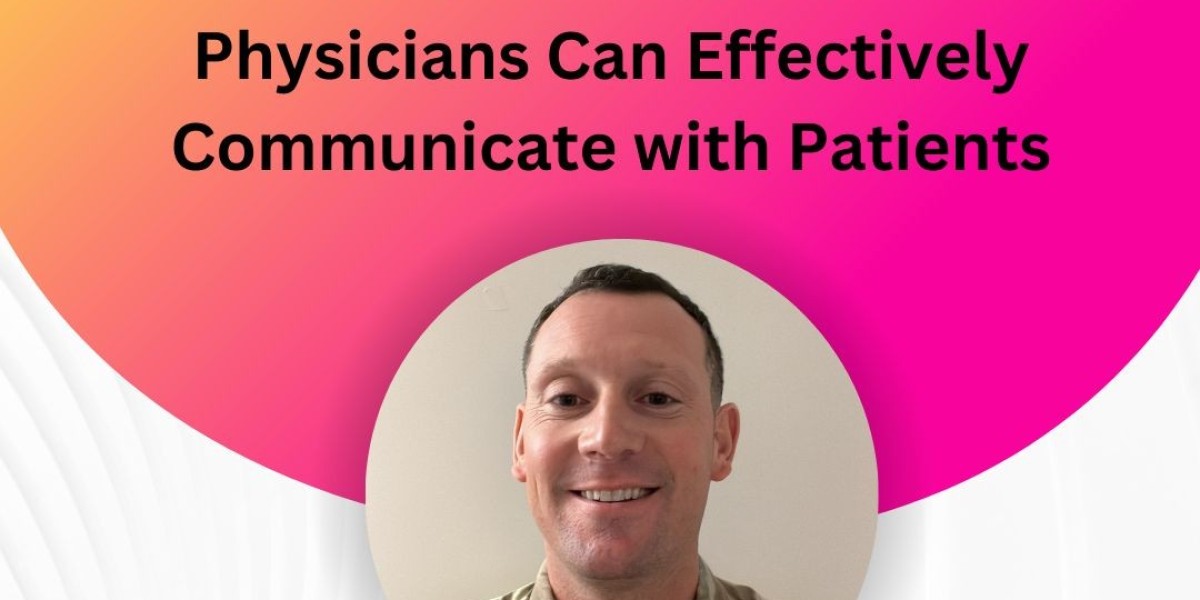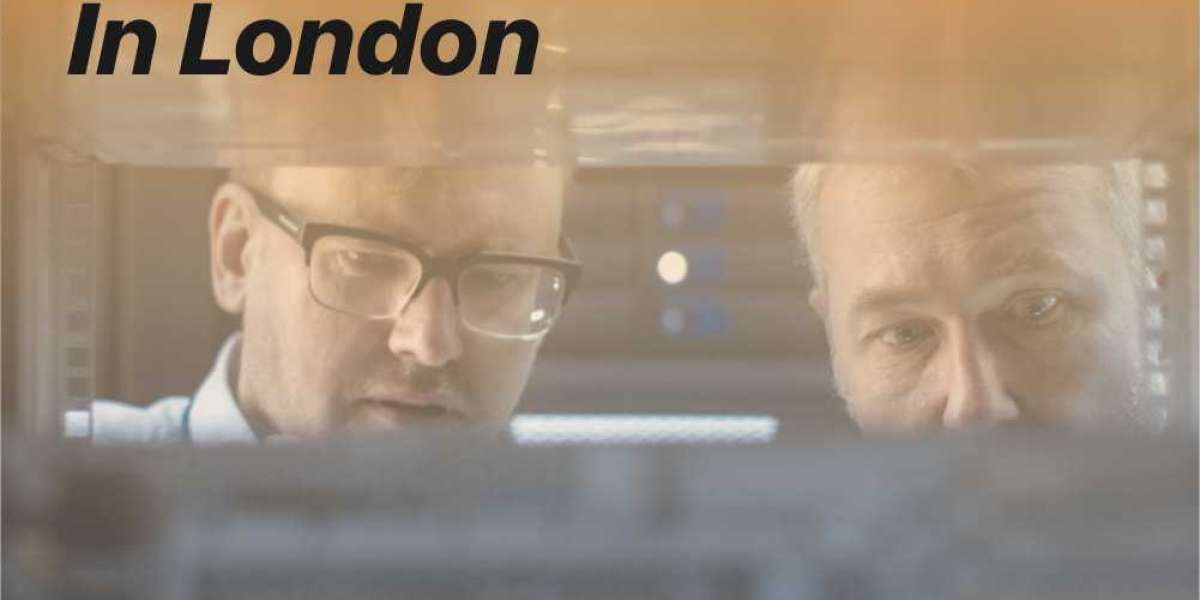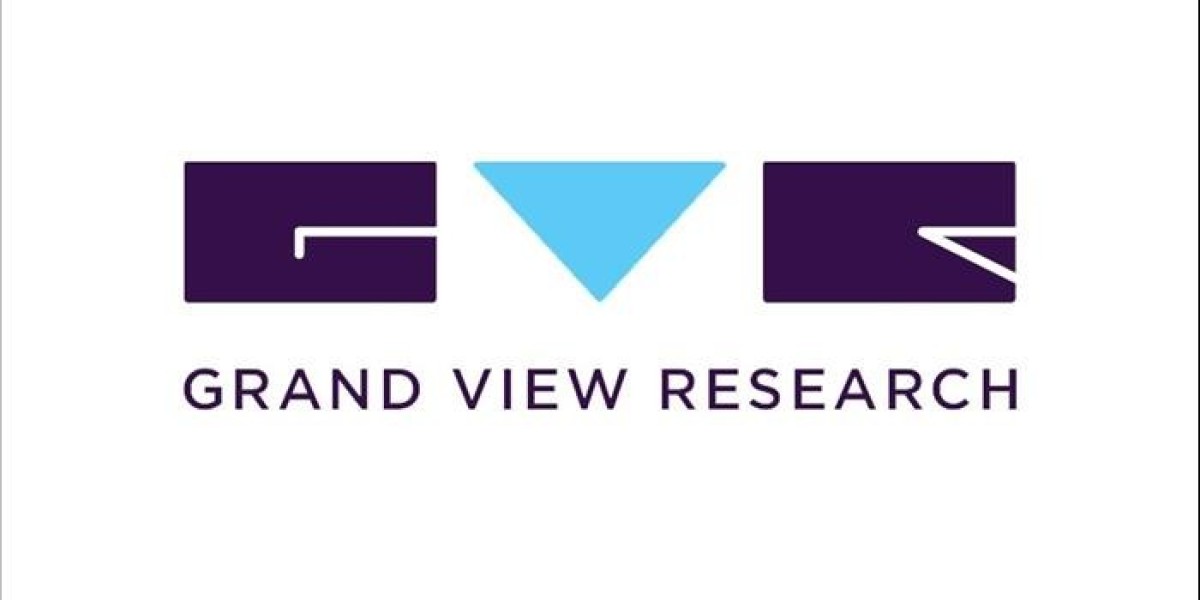LTC David Ginn believes effective communication between physicians and patients is crucial for providing high-quality healthcare. LTC David Ginn not only helps in building trust and strengthening the doctor-patient relationship but also improves patient outcomes and satisfaction. However, many physicians struggle with communication skills, often leading to misunderstandings, poor adherence to treatment plans, and dissatisfaction among patients.
Here are some key strategies that physicians can use to effectively communicate with their patients:
Active Listening: One of the most fundamental aspects of effective communication is active listening. This involves paying full attention to the patient, maintaining eye contact, and showing empathy. By actively listening, physicians can better understand their patients' concerns, fears, and expectations, which in turn help in providing personalized care.
Use Plain Language: Medical jargon can be overwhelming and confusing for patients. They should use plain language to explain medical conditions, treatment options, and procedures says LTC David Ginn. Avoiding complex terminology and using simple and clear explanations can help patients better comprehend their health issues and make informed decisions about their care.
Build Trust and Establish Rapport: Building trust and establishing rapport with patients is essential for effective communication. Physicians should create a welcoming and non-judgmental environment where patients feel comfortable sharing their concerns and asking questions
Empower Patients: Physicians should empower patients to actively participate in their own healthcare. This can be achieved by involving patients in shared decision-making processes, where they can discuss treatment options and actively contribute to their care plan.
Use Visual Aids and Written Materials: Visual aids and written materials can significantly enhance patient understanding and recall of medical information. Physicians can use diagrams, videos, and pamphlets to explain complex concepts, treatment procedures, or medication instructions.
Be Mindful of Non-Verbal Communication: Non-verbal communication, such as body language and facial expressions, plays a crucial role in conveying empathy and understanding. Physicians should be mindful of their own non-verbal cues and ensure that they are sending positive and supportive messages to patients.
Follow-Up and Continuity of Care: Effective communication should not end at the conclusion of a single healthcare encounter. Physicians should follow up with patients to ensure that they understand their treatment plans, have no further questions, and are experiencing positive outcomes.
LTC David Ginn believes effective communication is a vital skill for physicians to master in order to provide optimal patient care. By actively listening, using plain language, building trust, empowering patients, using visual aids and written materials, being mindful of non-verbal communication, and ensuring continuity of care, physicians can greatly enhance their ability to communicate effectively with their patients. This, in turn, leads to better patient outcomes, increased patient satisfaction, and stronger doctor-patient relationships.








